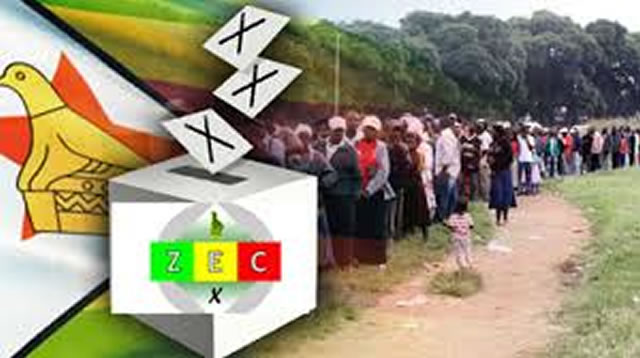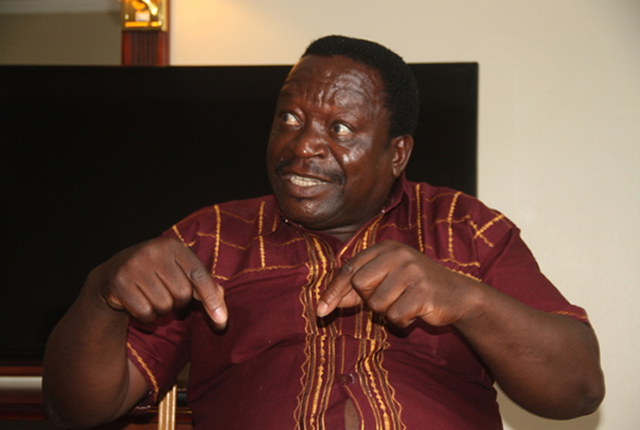EDITORIAL COMMENT : Polls: It’s well with rules, playground

Latest developments at the Zimbabwe Electoral Commission show that the body mandated to conduct elections and referendums in the country is moving in the right direction.The commission is putting in place the infrastructure that will allow the smooth administration of polls — the earliest big test of which will be the harmonised elections due in 2018.The most notable of the innovations that are being implemented at ZEC is the rolling out of the biometric system and registration and voting will be conducted using this technology that involves capturing an individuals’ date of birth, name, ID number and fingerprints.
A new voters’ roll is being constituted nationally and soon elections will be held using this system that, to all intents and purposes, sounds and appear a foolproof regime.Given the fact that the voters roll in the electronic format has been one of the major demands of the opposition and that the old manual roll was outdated and cumbersome, we expected technology to quickly answer some of the questions that have traditionally been asked of our processes.
That is, but a small point.Zimbabwe has an efficient system of running elections, which we have held with clockwork regularity since 1980.The country holds elections in compliance with Sadc Principles and Guidelines Governing Democratic Elections which were adopted in 2004 and were last year updated.
They came about through broad consultations by the Sadc’s Electoral Advisory Council (SEAC), with member states, stakeholders, including civil society organisations and regional electoral experts.The principles and guidelines promote the holding and observation of democratic elections “based on the shared values and principles of democracy, the rule of law and respect for human rights enshrined in the SADC Treaty signed at Windhoek, Namibia in 1992”.
Sadc says the principles and guidelines are “a firm commitment to the institutionalisation of democracy and good governance in the region and have since constituted a basis for the assessment of electoral processes in Member States.”As is common cause, Zimbabwe’s last elections were deemed credible, free and fair and there were winners and losers in those polls of July 2013. The biggest winners, though, were democracy and good governance.
The good thing is that the country has not sat on its laurels: it has gone further and instituted reforms and improved operational framework for the next elections. We are of the view that until the elections in 2018 and beyond, ZEC will continue to improve its systems.
It is in this light that we find it strange that the opposition in Zimbabwe continue making noise about the so-called reforms including, most bizarrely, asking to be part of the procurement of ZEC’s electoral materials, a demand which flies in the face of the body’s constitutionally guaranteed independence.
It also reeks of something very smelly in an age of corruption. Then we have the spokesperson of one of the opposition outfits, claiming the alleged existence of ballots that is designed “to project a particular result.”
That is just facile, if not absolutely nonsensical.And we further find it strange when the main opposition goes to town demanding the so-called reforms when it spent a good five years in Government and was vested with room to cause any changes they imagined.
But we are not lost to the fact that all the opposition wants are conditions, rules and a lopsided playground that will give it easy victory. Now, such strange demands rarely wash.If the opposition is really serious about winning elections in a manner they should be doing real work that starts with posing as credible alternatives and embark on mobilising voters.
Wasting time making silly demands and dreaming up bizarre conspiracy theories will not help the opposition cause.The opposition should simply keep its hands off ZEC and allow the independent body to do its work in the professional manner it is mandated to do.










Comments